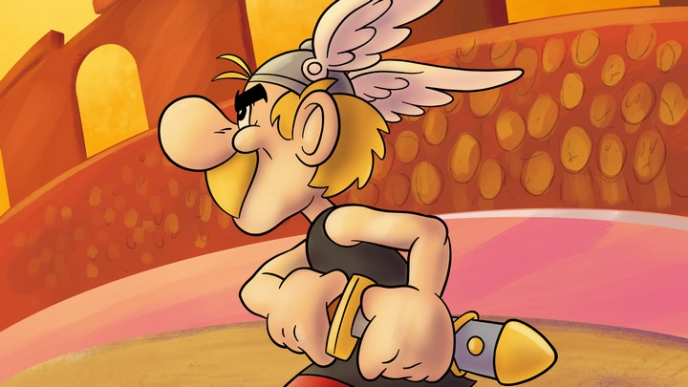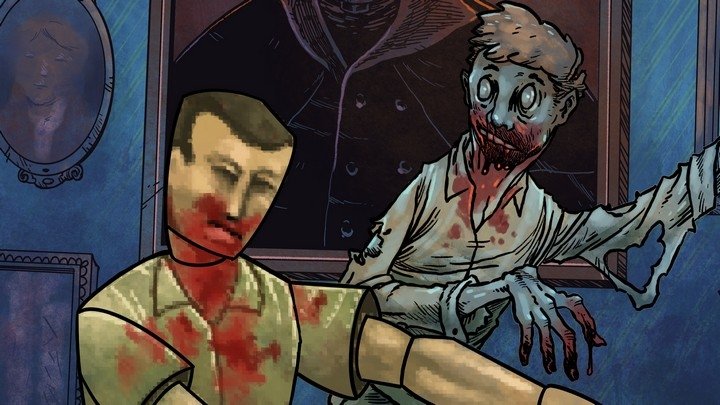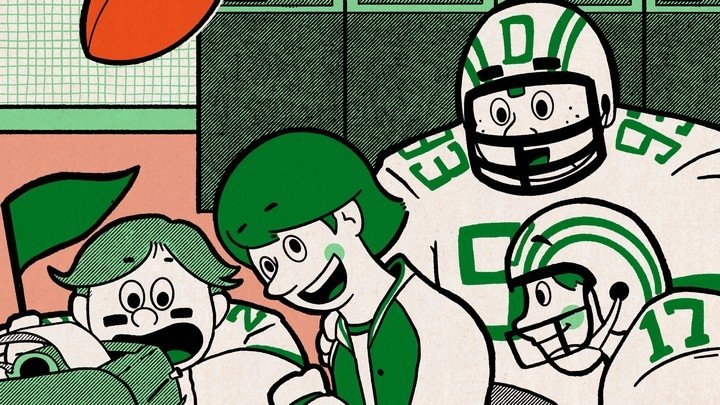Loto & Order: A new wrinkle in the legend of real-world Dragon Quest lore
Truth may be stranger than fiction, but when it comes to Japan's "Dragon Quest Law" there's enough of both to go around.
Stop me if you've heard this one: Did you know Pac-Man was originally called Puck-Man in Japan? It makes more sense if you understand nihongo but the American distributors were worried vandals might change "Puck" into F-
...oh, you saw Scott Pilgrim vs The World too, huh? Nevermind.
Well, here's another handy video game fact to break out at your next house party: did you know Dragon Quest is so popular in Japan that the government had to pass a law that the games can only launch on Saturdays?
...oh, that's an urban legend, you say? Perhaps.
Next to explaining the difference between "Dragon Quest" and "Dragon Warrior," the tale of Japan's infamous "Dragon Quest law" is the most famous bit of lore associated with the series in its three-decade-long history. And a close runner-up to that are outlandish tales of the series' success in its home country: millions sold in a single day, lines around the block, electronics stores clogged with eager fans, etc. Something that disruptive on a national scale would require intervention by the state, surely.

To make sense of the legend, we need to go back to where it all began: Dragon Quest III, prophetically subtitled "Into Legend…" in Japanese. The first two DQ games were million-selling hits on the Nintendo Famicom in 1986 and 1987, but when III landed on Thursday, February 10th, 1988, it became Japan's first home video game blockbuster. The June 1988 issue of Compute! magazine described the launch as pure chaos: "Television reports showed unbelievably long lines, and Japanese authorities reported thefts and assaults, as well as nearly 300 arrests for truancy among school kids cutting classes to get their hands on the game."
It's easy to imagine how vague reports of mass truancy and crime connected to a unfamiliar video game in a far-away country would lead to tall tales of legislative action. After all, the 1990s were a tumultuous time for video games in the United States, where the threat of government intervention or regulation loomed large. If American senators (and their wives) were discussing individual software titles in Washington D.C. in the name of protecting children, it's not far-fetched to picture Japanese Diet members doing the same.
Yet if you actually watch those television reports, which we can now thanks to archival footage on YouTube, there's little in the way of outrage. There are long lines, to be sure, and the news reporter cites very specific figures of 392 truant children along with nine thefts of newly-purchased software nationwide. The unnamed news reader also reads a statement from Japan's Ministry of Education urging stores and the game's publisher to "avoid weekday launches" to prevent such incidents in the future. But there are no hearings, no ultimatums, and no legislation.
Now, a fax from a government agency expressing concern is hardly a law, but it shouldn't be tossed in the recycling bin. So when Dragon Quest IV came out in 1990, it was on Sunday. As did V. VI came on a Saturday, followed by VII, VIII, and IX. Dragon Quest X in 2012 broke the weekend pattern, but it also came out on August 2nd, not a school day for many Japanese children. It was also an online MMORPG with a subscription fee for the Wii, so don't say the series never took any risks.

"Now, Veronica, don't skip school to buy Dragon Quest XII!"
"WhatEVER, Serena, you're my sister, not my MOM."
Even without contemporary evidence in hand, most English press outlets dismissed the prospect of a "Dragon Quest law" outright in favor of more plausible explanation: self-regulation. Frequent Retronauts guest Henry Gilbert wrote as much in a 2010 overview of the series, adding,"this rumor needs to die... don’t go repeating that myth on message boards, please." As recently as March 2018, IGN ran a headline "How Dragon Quest Spawned an Urban Myth" and quoted series producer Yuu Miyake as saying the decision was internal.
A recent interview with a direct quote from a Square Enix producer should have put an end to the legend, and yet...flash forward to this month's E3 and Yuu Miyake had more to say, this time to Game Informer.
"When Dragon Quest III came out, tons and tons of kids skipped school to go buy the game," Miyake said. "The police actually said, 'You guys need to do something about this. This is not okay.'"
Now hold on: there's still no "Dragon Quest law," that much is certain. But there's "a law" and then there's "the law." Miyake now seems to confirm that the company faced direct, official pressure to alter their business because their games were too popular. This no longer sounds like an internal decision was made so much as it was handed down from the cops.
If the "Dragon Quest law" legend shall endure a little longer, let me add just one tiny observation: Dragon Quest III came out on February 10th. February 11th is a national holiday in Japan; schools and many companies are closed. If the game had been delayed even one day, would the phenomenon of Dragon Quest be smaller in our eyes? Or was Dragon Quest mania a pot that was always going to boil over?




